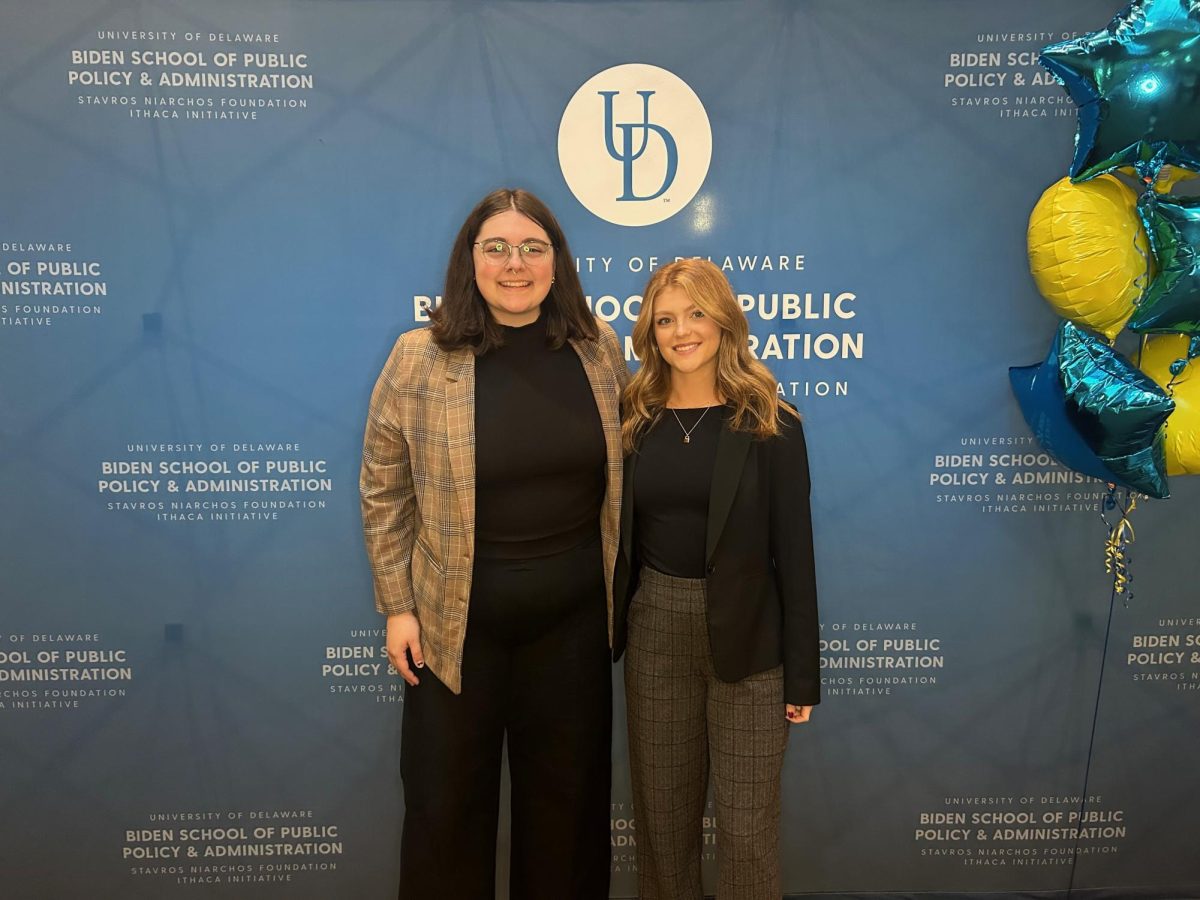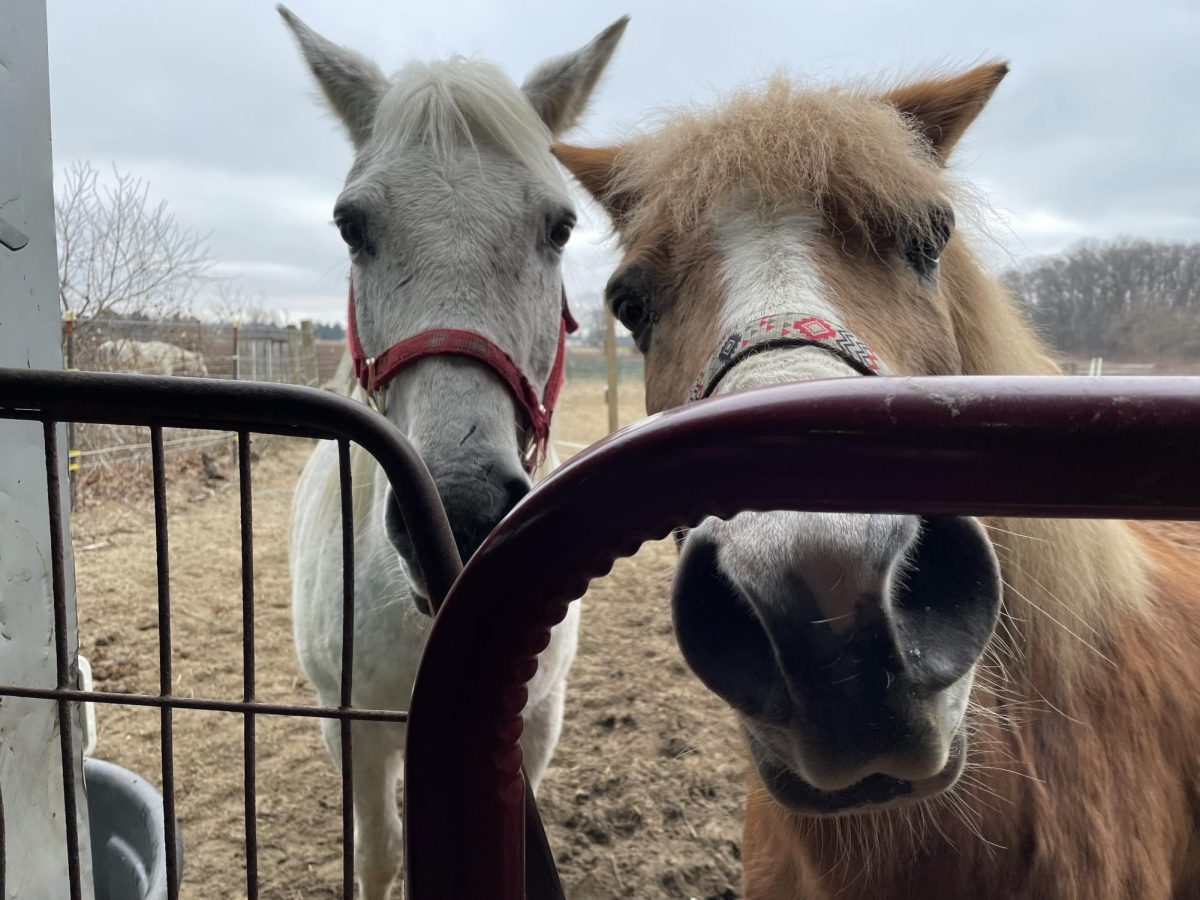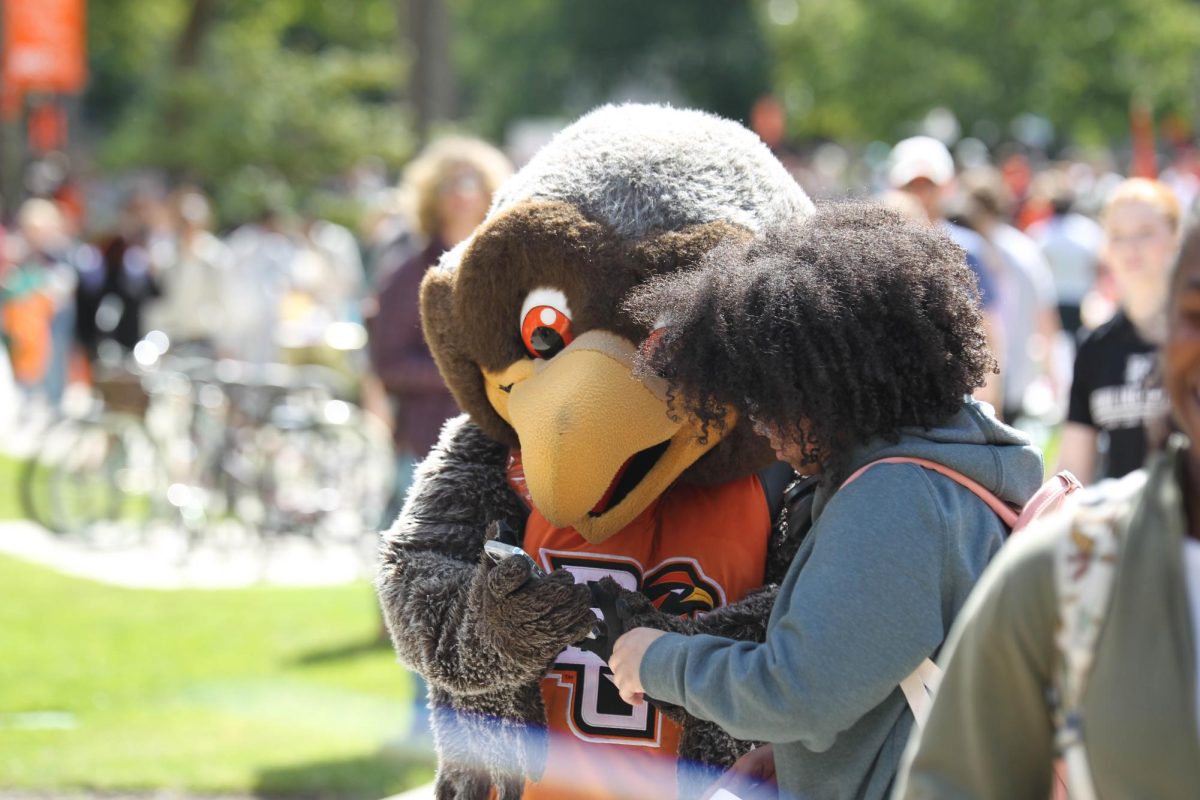In Reacting to the Past, an American Culture Studies class, students role play as historical figures.
According to the Barnard website on Reacting to the Past, the class is based around “elaborate games, set in the past, in which students are assigned roles informed by classic texts in the history of ideas.”
Andrew Schoket is the Director of American Culture Studies as well as the professor for the course.
Schoket said the teacher plays the role of game master as opposed to a typical lecturer. He said he doesn’t intervene in the game much, unless it takes a turn to the unrealistic side. But he said it’s “difficult for a game to go off
the rails.”
Schoket said that the class usually completes three games per semester. The first game that the class played this semester was called “Patriots, Loyalists and Revolution in New York City, 1775-76.” The second game was called “Red Clay, 1835: Cherokee Removal and the Meaning of Sovereignty.” The third and current game is called Greenwich Village, 1913: Suffrage, Labor and the New Woman.”
The current game is being held in the Center for Faculty Excellence on the second floor of University Hall. Schoket said that he switches the class environment for each game. The first game was held in Prout Chapel and the second was held in he Little Red Schoolhouse.
Schoket said each student is assigned the role of a person that was involved in the historical event which the game centers around.
Senior Emma Sales plays Emma Goldman. Sales said her character was an anarchist focused on freedom from the government.
Schoket said that police and law enforcement often tried to silence Goldman when she was speaking in public. This means that any time that Sales talks in the game as Goldman, she may be silenced by the game master.
Sales said that she thinks she gained more from this style of class as opposed to a lecture class.
“I feel more well versed in [history] because I had to play the role of a character,” Sales said.
Freshman Meg Carroll plays Elizabeth Gurly Flynn, who tried to organize a general labor strike for laborer rights.
Carroll said that she often spends an average of five hours per week working for the class outside of the meeting time.
To keep immersed in the game, “you have to know, read and quote the [historical] documents,” Carroll said.













